Africa, home of some of the world’s most impressive wildlife, is a beautiful continent with breathtaking scenery. But the poverty, exploitation and, in some cases, war has hindered its progress. But how do you wake up a sleeping beauty and bring out its best?
The Singapore Business Federation invited Nanyang Business School students and industry leaders to a breakfast session with Guillaume Kavaruganda and Hazel Ngubeni, the ambassadors of Rwanda and South Africa respectively. They shared their views on what is needed to accelerate progress in Africa.
Rwanda on the move
Mr Kavaruganda says the abolition of the excessive protectionism of African markets and a proactive transition to free movement of goods and people in Eastern Africa are the priorities to become competitive. Yet, Rwanda, like its neighbours, still struggles to address structural issues such an unstable energy supply, a lack of housing for its 12m people, poor infrastructure and a deficient education system.
Even though Rwanda prides itself as one of the few African nations to have achieved political stability, there is still a long way to go to win investors’ trust
But the government is aware of its responsibility to provide basic care for its people and has made smart moves to improve the living conditions. Recently, access to basic healthcare has been extended to 85 per cent of the population; a drastic improvement that will not go unnoticed by foreign investors. Yet even though Rwanda prides itself as one of the few African nations to have achieved political stability, there is still a long way to go to win investors’ trust.
Africa is more than gold and diamonds
Having shed light on the forward-looking initiatives that Rwandan officials have brought on its way, Hazel Ngubeni broadened the perspective on the challenges and multiple investment opportunities across Africa.
She projected a map of Africa to visualise the natural resources to be found in each of the 54 African countries. “This is how people see us,” she jokes. “There is gold, diamonds, more gold, and more diamonds.” But Africa is much more than precious metals and gems.
By investing in intercontinental highways, water integration and improved energy supply, the continent shows that it is seriously concerned with improving infrastructure to foster growth of its service and manufacturing industries, and promote trade within Africa and with foreign partners.
Rwanda has converted development opportunities into growth, with annual real growth of gross domestic product averaging about 8 per cent between 2001 and 2015. But South Africa has reached a stage of stagnation and complacency. Despite its past progress, its currency, the rand, is crashing; its credit rating is rapidly approaching “junk” status; and South Africans have taken to the streets. But what issue to tackle first?
Johan Burger, director of the Centre for African Studies at Nanyang Technological University in Singapore, argues that the greatest challenge in managing South Africa is setting priorities to tackle social issues.
However, South Africa is willing to learn from its peers and assess high-tech solutions to address its most pressing problem: the provision of adequate healthcare in remote areas. Using innovations, such as drug delivery via drones, the country seeks to emerge from its crisis by meeting the basic needs of the rural population and preparing its people for a much bigger task: economic growth.





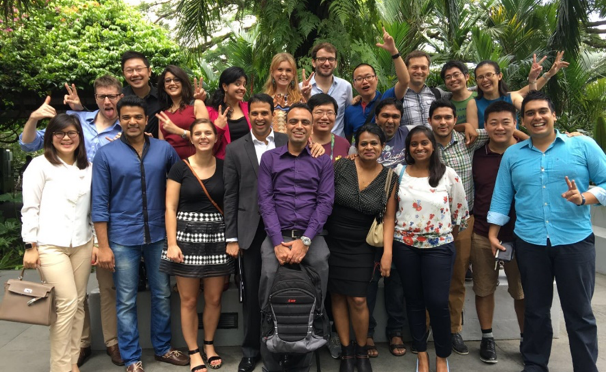
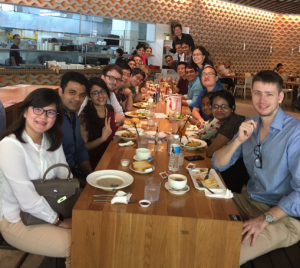


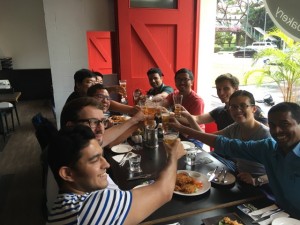
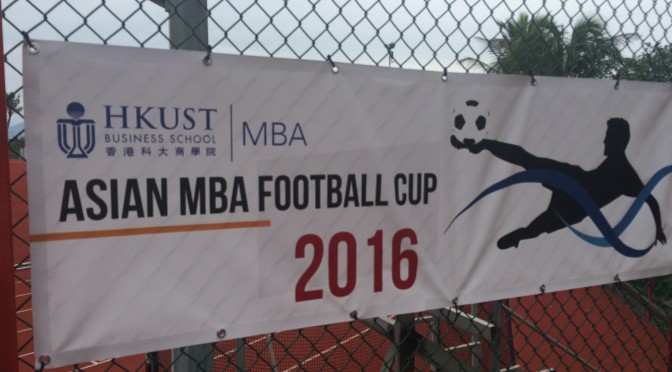
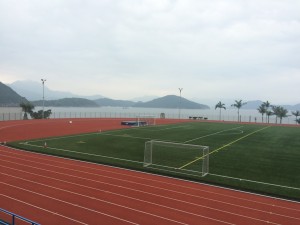
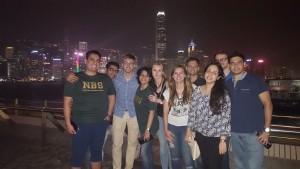
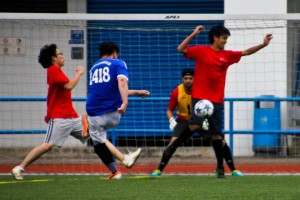

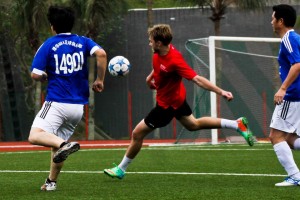
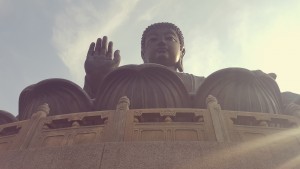
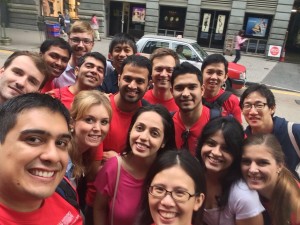
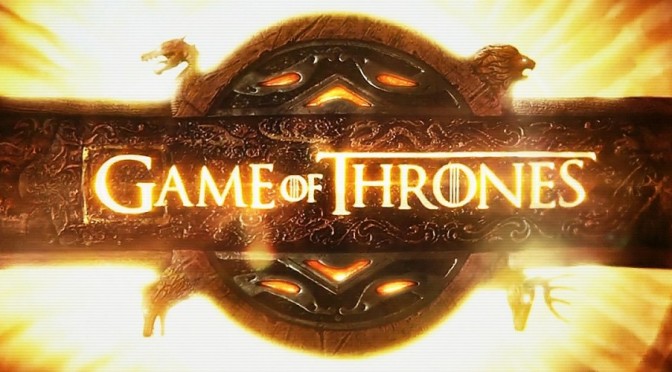
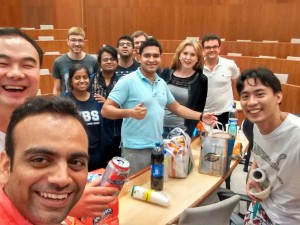

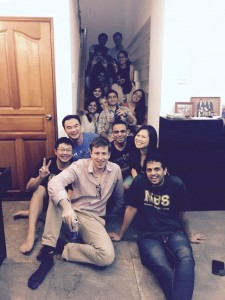
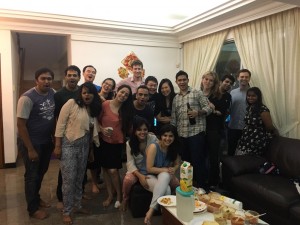
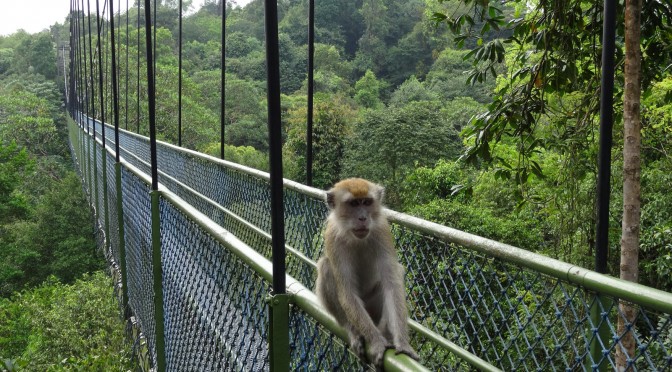
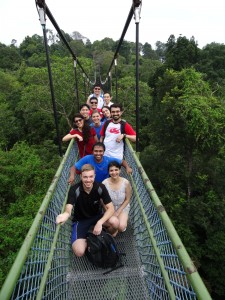
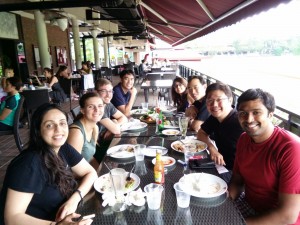
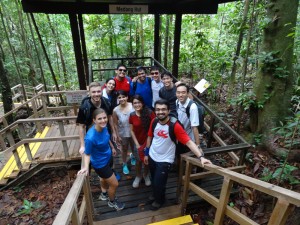
You must be logged in to post a comment.